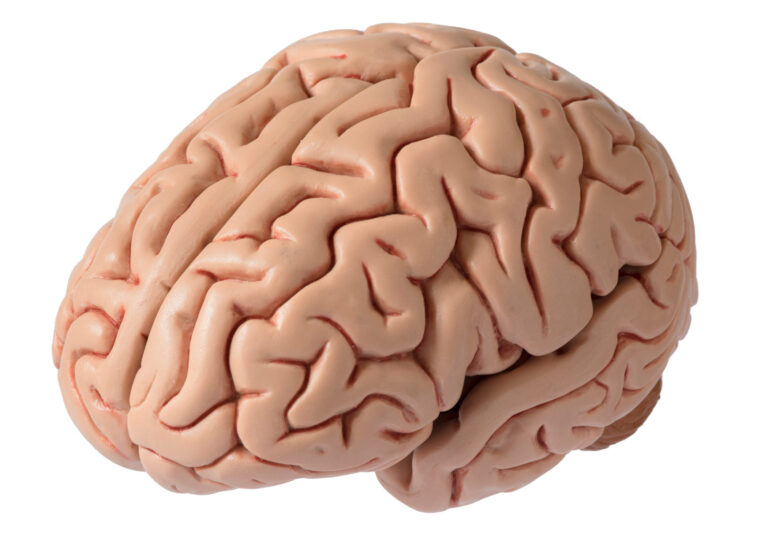Dementia is a progressive brain disorder that affects millions of people worldwide. It is a condition that slowly impairs memory, thinking, behavior, and the ability to perform everyday tasks. As the disease progresses, caregivers often struggle to find ways to communicate and connect with their loved ones who have dementia. It can be a challenging and emotional journey for both the caregiver and the person with dementia.
One tool that has been found to be effective in managing and coping with dementia is humor. Humor is often associated with making us laugh, but it goes beyond that. It has been proven to have many positive effects on our physical and emotional well-being. In the context of dementia care, humor can be a powerful tool in improving the quality of life for both the patient and the caregiver.
The role of humor in dementia care is often underestimated and overlooked. It may seem inappropriate or insensitive to use humor when caring for someone with a serious illness like dementia. However, studies have shown that humor can have numerous benefits for individuals with dementia, including reducing stress and anxiety, improving communication, enhancing relationships, and increasing overall well-being.
One of the greatest challenges for caregivers is managing the behavioral symptoms of dementia, such as agitation, aggression, and agitation. These behaviors can be stressful and overwhelming for both the caregiver and the person with dementia. Humor can be an effective way to diffuse tension and redirect negative behaviors. Finding ways to make light of a situation or using playful humor can help to de-escalate a potentially difficult situation.
Humor can also improve communication between caregivers and individuals with dementia. As the disease progresses, communication becomes more difficult, and traditional forms of communication may no longer be effective. Humor provides an alternative form of communication that is less reliant on verbal skills. It can help to bridge the gap between caregiver and patient, allowing them to connect on a deeper level.
Furthermore, humor can improve relationships between caregivers and individuals with dementia. Caring for someone with dementia can be emotionally taxing and can strain relationships. Humor can help to alleviate the stress and tension in the relationship, allowing caregivers and patients to connect and bond in a lighthearted way. It can also provide a much-needed break from the serious nature of caregiving, allowing both parties to relax and enjoy each other’s company.
In addition to its benefits for the person with dementia, humor can also have positive effects on caregivers. Caregiving can be physically and emotionally draining, and humor can serve as a coping mechanism for caregivers. Studies have shown that humor can reduce stress and anxiety, improve mood, and increase overall well-being. It can also serve as a reminder to not take things too seriously and find joy in the midst of a difficult situation.
It is important to note that humor should always be used in a respectful and appropriate manner when caring for someone with dementia. It is crucial to understand the individual’s sense of humor and use it in a way that is comfortable for them. It should never be used to belittle or mock the person with dementia, as this can be hurtful and damaging to the relationship.
There are many ways to incorporate humor into dementia care. It could be as simple as telling a joke, using funny props or costumes, or engaging in playful activities such as singing or dancing. It is essential to be creative and find humor in everyday situations. Remember that what may seem mundane to us may be amusing for someone with dementia.
In conclusion, the role of humor in dementia care cannot be overstated. It has numerous benefits for both the caregiver and the person with dementia. Humor can improve communication, enhance relationships, reduce stress and anxiety, and increase overall well-being. As caregivers, it is essential to embrace humor and use it as a powerful tool in our caregiving journey. Let us not forget that laughter truly is the best medicine.




